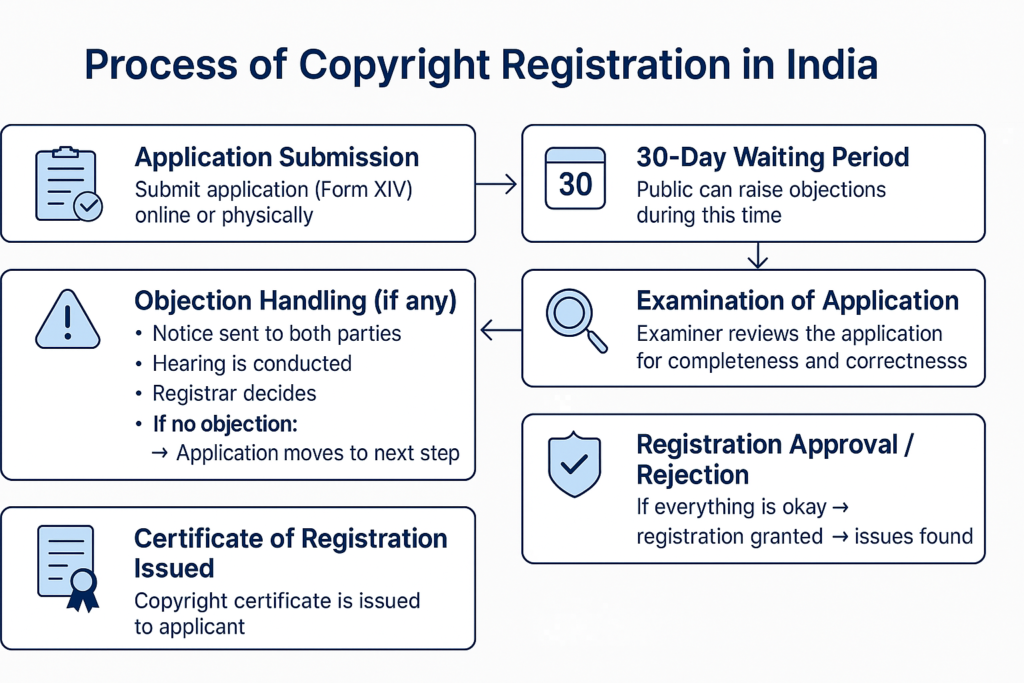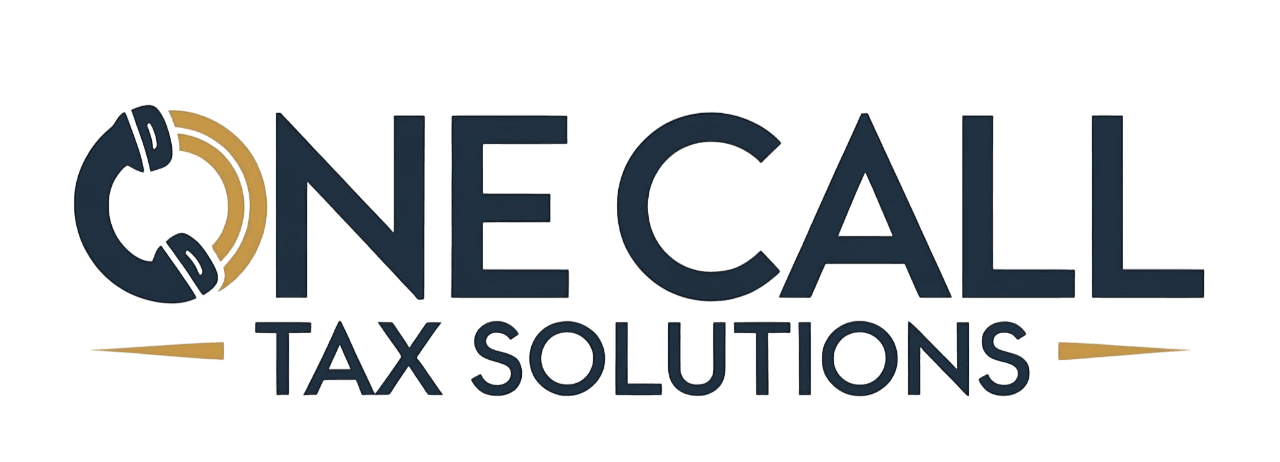Copyright Registration
Copyright Registration in India.
Copyright is a legal right granted to creators for their original literary, artistic, musical, and dramatic works, including cinematograph films and sound recordings. In India, the Copyright Act, 1957 governs these rights and enables creators to control the use of their works. Registration of copyright provides exclusive rights to the owner to reproduce, distribute, adapt, and translate the work, or authorize others to do so.
For businesses, copyright registration plays a crucial role in protecting user manuals, product literature, marketing materials, and other creative content. It grants the creator or the registered owner the right to protect their intellectual property from unauthorized use and infringement. This protection not only preserves the commercial value of the work but also encourages innovation and creativity.
Furthermore, the Copyright Act permits the transfer of rights, allowing the original creator to assign ownership to another individual or entity, including an employer if the work was created under a commission. This legal framework helps secure both personal and commercial interests in creative works, making copyright registration an essential step for individuals and businesses alike.
- Copyright Registration Filing in 3 Business Days
Copyright Registration With Onecall Tax Solution
Who can apply for Copyright Registration.
Website
Computer programs
Advertisements
Books
Published editions
Sound recording
Artistic work like paintings, photographs
Broadcasts on Radio and Television
Cinematography film
Documents required for Copyright Registration.
1. Application Form (Form XIV)
Properly filled and signed application with details of the work.
2. Copies of the Work
Two soft or hard copies of the original work (e.g., manuscript, book, music, artwork, software code, etc.).
3. No Objection Certificate (NOC) (if applicable)
From the publisher if the applicant is not the publisher.
From the author if the applicant is not the author.
From any person whose photograph appears in the work.
4. Details of the Work
Title, language, class, and description of the work.
Date of creation and publication (if published).
5. Identity and Address Proof of the Applicant
Aadhar card, PAN card, passport, or any valid government-issued ID.
6. Power of Attorney (if filing through an agent or advocate)
Signed authorization allowing the agent to file and respond on behalf of the applicant.
7. Declaration Form
Stating that the work is original and does not infringe on any existing copyright.
Process of Copyright Registration in India.

FAQs on Copyright Registration.
Copyright registration is an intellectual property right, similar to trademarks and patents. It grants legal protection to creators for their original works, whether published or unpublished. These works can include literary, dramatic, musical, and artistic creations such as books, films, songs, software, and photographs. Copyright ensures that creators have exclusive rights over the use, reproduction, and distribution of their work, thereby encouraging innovation and safeguarding creative efforts from unauthorized use or infringement.
Any individual or business entity can apply for copyright registration. Whether you are an author, musician, photographer, producer, painter, composer, or a company, you can safeguard your original creations through this legal protection. Copyright registration ensures that your creative work is legally recognized, helping you prevent unauthorized use and allowing you to claim ownership and rights over your intellectual property.
A Copyright Diary Number is a unique application number generated upon the online submission of a copyright application. It serves as a reference ID to track the status of your application throughout the registration process.
Copyright for literary, musical, or artistic works remains valid for the lifetime of the creator and continues for 60 years after their death. This extended protection ensures that the creator's rights and legacy are preserved, even posthumously, allowing their heirs or legal representatives to benefit from the work.
In India, the general rule is that copyright protection lasts for 60 years. For original literary, dramatic, musical, and artistic works, this 60-year period begins from the year following the death of the author. However, for other types of works such as cinematograph films, sound recordings, photographs, posthumous publications, anonymous and pseudonymous works, government works, and works of international organizations, the 60-year duration is calculated from the date of their first publication. This ensures long-term protection and recognition of the creator’s rights, while also allowing time for their work to generate value and impact during and beyond their lifetime.
